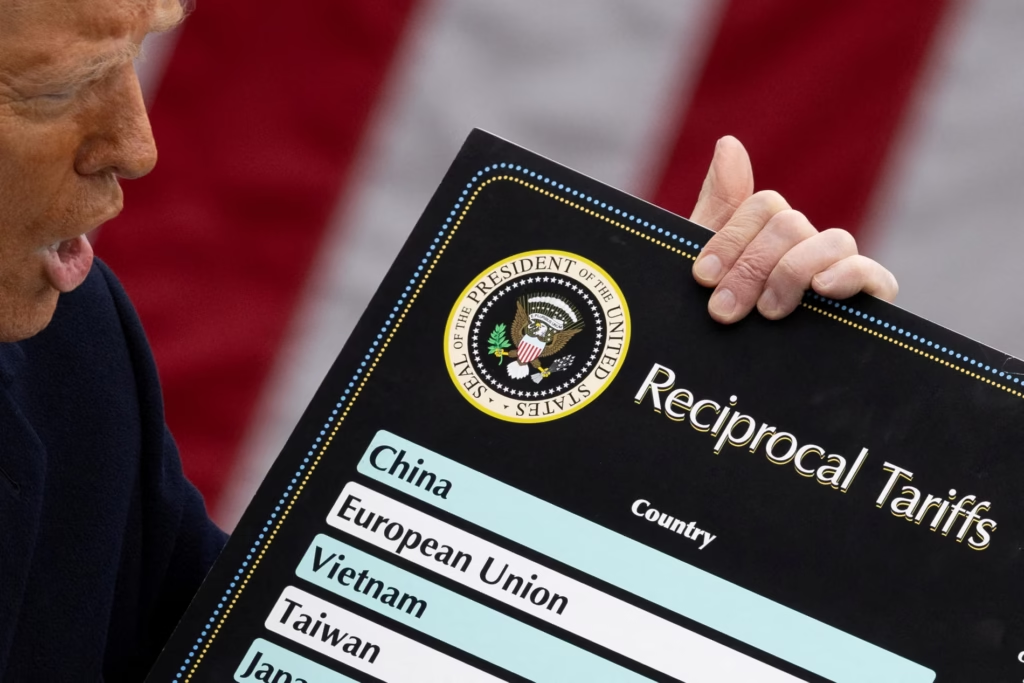The US Supreme Court has agreed to review the legality of Donald Trump’s sweeping global tariffs, marking a major test of the former president’s use of executive power. The decision comes after a lower court ruled that Trump exceeded his authority by imposing tariffs under a law meant for emergencies.
The Supreme Court will examine an appeal by the Justice Department against the lower court’s ruling, which found that Trump overstepped his authority in using the 1977 International Emergency Economic Powers Act (IEEPA) to impose most of his tariffs. These tariffs could affect trillions of dollars in trade over the next decade.
The justices acted quickly after the administration requested a review last week. The case has been fast-tracked, with oral arguments scheduled for the first week of November, ahead of the Court’s new term starting 6 October.
The court will also consider a separate challenge brought by Learning Resources, a family-owned toy company, which opposes Trump’s tariffs.
In August, the US Court of Appeals for the Federal Circuit in Washington ruled that Trump had overreached under the IEEPA, a law designed to allow the president to respond to unusual and extraordinary threats during a national emergency. Before Trump, the law had mainly been used to impose sanctions or freeze assets, not tariffs. Despite the ruling, the tariffs remain in effect during the appeal process.
Trump has relied heavily on tariffs as a tool to influence trade deals, gain concessions, and exert political pressure on other countries. In April, he invoked the IEEPA to impose tariffs on goods from select nations to address trade deficits. Earlier in February, he announced separate tariffs on China, Canada, and Mexico to reduce the trafficking of fentanyl and other illegal drugs into the US.
The Justice Department argues that the law permits tariffs as part of emergency powers that allow the president to “regulate” imports. The department said in court filings that a ruling against Trump could expose the US to retaliatory tariffs and significant economic harm.
Trump has warned that losing the case could force the US to unwind trade deals, leading to severe economic consequences.
The tariffs have already sparked controversy. They have strained relations with key trading partners, increased market volatility, and fueled global economic uncertainty. Supporters argue the duties help protect American industries and can reduce the national deficit, while critics say they disrupt supply chains and raise costs for businesses and consumers.
The nonpartisan Congressional Budget Office reported in August that the increased duties could reduce the US national deficit by up to $4 trillion over the next ten years. However, some economists caution that trade retaliation could offset these gains.
Trump’s use of the IEEPA marks one of the most aggressive assertions of executive power in modern trade history. Legal experts say the Supreme Court’s ruling could set a major precedent for future presidents, determining how far executive authority extends in economic and trade policy.
The case is now one of the most closely watched legal battles in the US, with potential implications for global trade, economic strategy, and the scope of presidential power.


